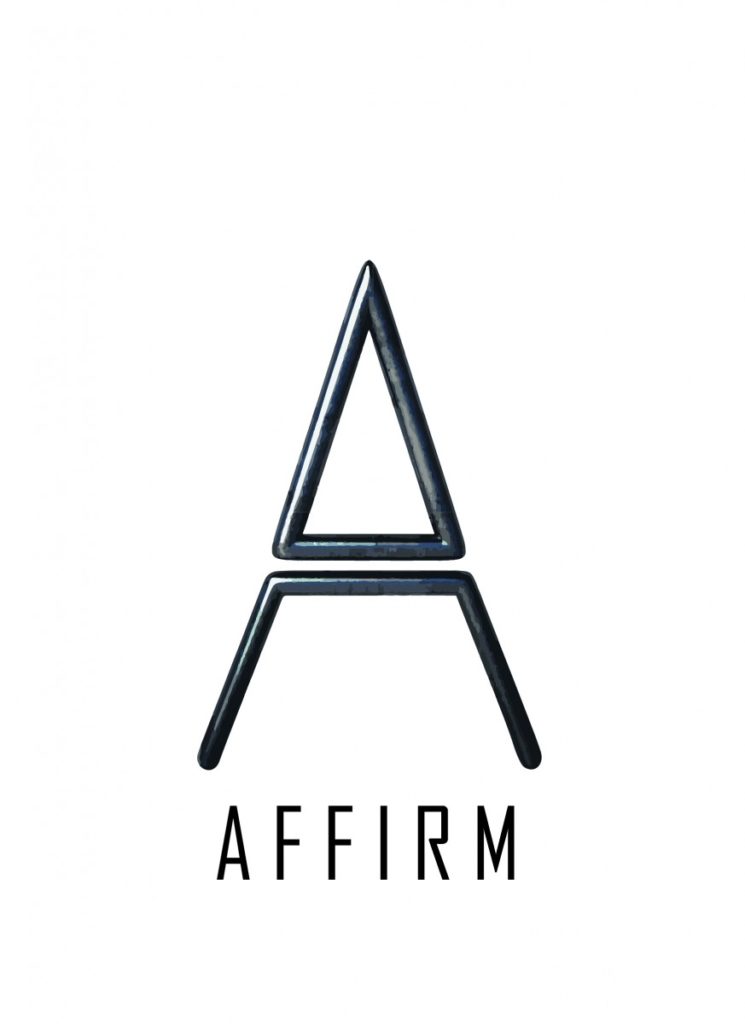In the Fall Economic Update statement (November 2023), it was stated that certain deductions were no longer going to be allowed after January 1, 2024. These rules became law on June 20, 2024 under Bill C-59. The legislation denies many expenses if you are not following the rules…
For the purposes of the Income Tax Act, rental properties located in an area where short-term rentals are not allowed are defined as “non-compliant short-term rental” properties. The definition of a short-term rental is for a property to be rented for a period of less than 90 consecutive days.
The portion of the expense that will not be deductible, is based on a formula.
Total of ALL EXPENSES incurred x # of days in the taxation year that the property was a non-compliant property / the number of days in the taxation year that the property was a short-term rental.
Generally, the following expenses would be allowed:
- Advertising expenses
- Insurance premiums
- Office expenses
- This would include pens, paper and other stationery types of items
- Legal expenses
- Legal services used to collect outstanding rent payments
- Fees to purchase a property are NOT an allowed deduction
- Accounting fees
- Bookkeeping services
- Preparation of the rental statement for your tax return
- Property management fees paid to an external party
- This includes strata fees
- Repairs and maintenance
- Your own labour costs are NOT an allowed deduction
- Wages of the person you pay to maintain your own property
- Don’t forget that you should be making withholding tax payments and submitting a T4Summary for these wages.
- Property taxes
- Travel expenses to get to your property
- Not meals and accommodation
- Utilities
- Bank charges
- To maintain the bank account used for rental income and expenses
- Interest expense to finance the property
If you operate a short-term rental property that exists in an area where short-term rentals are not allowed, the expenses incurred will not be allowed to reduce your rental income. You would be considered to have a non-compliant short-term rental property. If the local government where you own your property allows for short-term rentals if you meet certain conditions (i.e. business license), then your property will become a compliant short-term rental. Once it is a compliant short-term rental, you will be able to claim the above expenses as a deduction from your rental income.
Example:
| Old Rules | New Rules – Compliant Short-term Rental | New Rules – Non-Compliant Short-term Rental | |
| Rental income | 20,000 | 20,000 | 20,000 |
| Mortgage interest | (4,000) | NIL | (4,000) |
| Property taxes | (2,000) | NIL | (2,000) |
| Utilities | (1,500) | NIL | (1,500) |
| Net Rental income for Tax Purposes | 12,500 | 20,000 | 12,500 |
So you will pay tax on $20,000 of net rental income if you are non-compliant, compared to only paying tax on $12,500 of net rental income if you are compliant.
